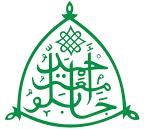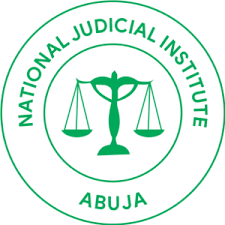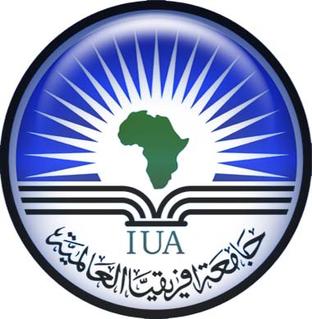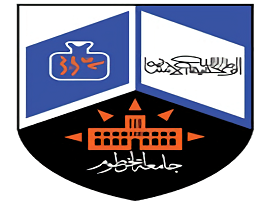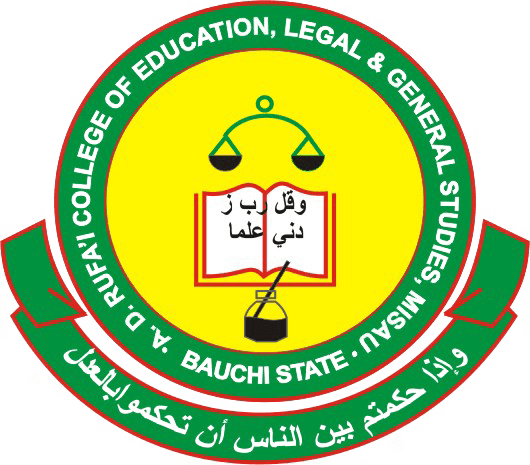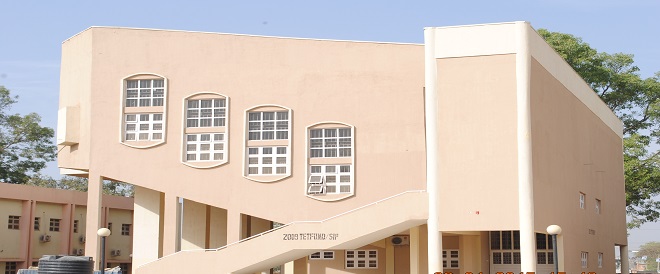
HISTORY OF THE CENTRE FOR ISLAMIC LEGAL STUDIES
Ahmadu Bello University, Zaria (A.B.U.) was founded in 1962 as a regional University by the Northern Nigerian Regional Government and taken over by the Federal Government in 1975 thereby making it a Federal University.
The Centre for Islamic Legal Studies, which is part of the University, came into existence in 1966 when the need for the Centre for Islamic Legal Studies arose, following the decision of the Kano School of Arabic Studies (later Abdullahi Bayero College and Bayero University) to concentrate on Arabic instead of Islamic Law which it was initially catering for. Pursuant to this decision of the Kano School, the then Dean, Faculty of Law, A.B.U, Professor Noel James Coulson, approached the Ministry of Justice on October 29, 1965with the suggestion for establishing a training Centre for Alkalis. This was wholeheartedly supported by the Premier of Northern Nigeria – Alhaji Sir Ahmadu Bello and it began its work in 1966 but its formal establishment could not be executed because of political events during that period. Its present building and library were, however, constructed in 1971 and formally opened on the 22nd day of March, 1971.
In 1968, the Centre started a fifteen-month intensive teaching in various aspects of Islamic Law leading to the award of Diploma in Islamic Legal Studies and a more advanced programme leading to the award of Diploma in Shari’ah and Civil Law in 1973.
In 1977, the Board of Governors of the Institute of Administration at its 10th Meeting approved the Constitution of the Centre for Islamic Legal Studies and, subsequently, the Centre became an autonomous teaching and research unit.
From 1983 the Centre assumed the responsibility of preparing the syllabi, reading material and teaching of Islamic Law at the Faculty of Law and Faculty of Education, at both undergraduate and postgraduate levels.
The Centre, being a research unit, engages in various research programmes which result into the publication of journals, books, articles, monographs, subject bibliographies, indexes, research papers for national and international seminars and conferences. The Centre has its own journal which it publishes with the title: Journal of Islamic and Comparative Law and it has presently published 32 volumes covering a variety of subjects on Islamic Law and comparative issues.
Mission and Vision
Our mission and vision statements serve as a reflection of our unwavering commitment to not only shaping a brighter future but also making a profound, lasting impact on the communities we serve.
Mission
1) To explore and utilize new frontiers of learning and teaching Islamic Law;
2) To conduct research for the generation of Islamic Legal literature and dissemination of knowledge through conferences, the Media and ICT;
3) To build the capacity of specialists and interested Nigerians in Islamic Law;
4) To develop multi-disciplinary and international collaborations towards sustaining scholarly culture.
Vision
The Centre for Islamic Legal Studies shall be a centre of excellence in research and training, providing exclusive and unique research outputs and capacity building on Islamic law where the Nigerian legal community’s needs are met with satisfaction.
Values
Our core values are the guiding principles that define who we are, how we work, and what we stand for. They shape every decision we make, foster a culture of integrity and inclusivity, and ensure we remain steadfast in our dedication to empowering learners and enriching communities.
- Quality academic and research programmes and facilities based upon international standards.
- Conducive atmosphere for learning and research.
- Up-to-date literature on Islamic Law.
- Strong linkages with reputable locally and internationally recognized institutions.
- Shari’ah sensitive.
Mandate of the Centre
The mandate of the Center is to advance educational excellence through innovative teaching, research, and community engagement. Guided by our mission and values, the Center serves as a hub for academic development, interdisciplinary collaboration, and lifelong learning.
- To help in the training (including in-service training) of Alkalai and other persons engaged in the administration of justice in the Area Courts by providing instruction in Islamic Law and other allied subjects.
- To undertake documentation and translation of, and research in Islamic Law with particular emphasis on Maliki Law with a view to providing such material as may be necessary for the Islamic Law aspect of the legal training of under-graduate (and post-graduate) students.
- To undertake research in the interaction of Islamic and Customary Law in Nigeria and other West African Countries;
- To provide basic knowledge of the rules of Maliki Law in Hausa for the benefit of a wider public of Nigerians who cannot have access to it in English or Arabic;
- To undertake a systematic study of modern trends in Islamic legal thought with particular reference to the reform movements in the Sudan, North African and Middle Eastern countries;
- To pursue a comparative study of the legal principles and concepts in the various schools of Islamic jurisprudence with one another and with reference to other relevant systems of jurisprudence, such as English common Law.
- To conduct Research in Islamic and other relevant systems of jurisprudence and to provide information to assist in legal development and reform;
- To conduct research in the interaction of Islamic, Customary and Statutory Laws in Nigeria and other countries and to undertake studies of modern trends in Islamic legal thought;
- To provide facilities for the Research for staff, graduates, students, and Research Associates of the University and such other persons as the Centre may deem fit;
- To assist in the training of persons engaged in the administration of justice in the Area courts, especially Area Court Judges and Area Court personnel, by providing instruction in Islamic Law and other relevant subjects;
- To undertake documentation, translation and systemization of Islamic Legal texts, with particular emphasis on the texts of the Maliki School, in order to provide material for the legal training of students and to enhance the exposition and deduction of the principles, doctrines and rules of Islamic Law;
- To conduct conferences, seminars, colloquia and workshops;
- To carry out such other activities as the Centre may deem desirable and to disseminate the results of research.
